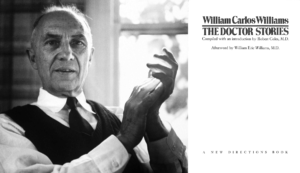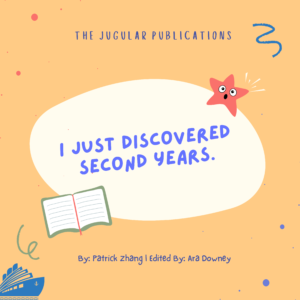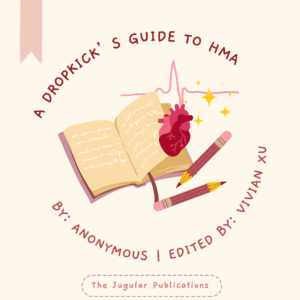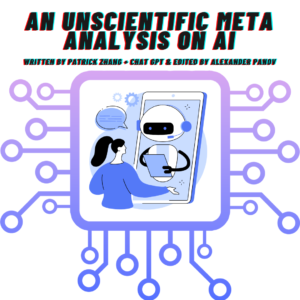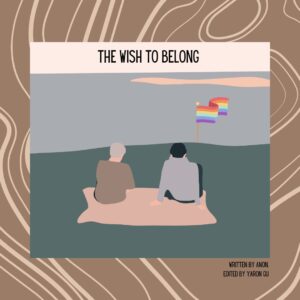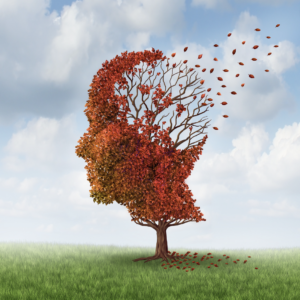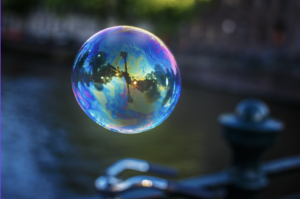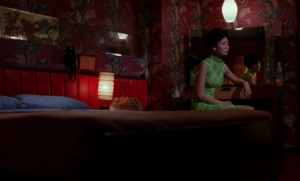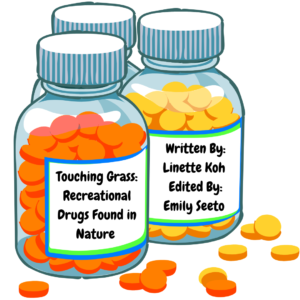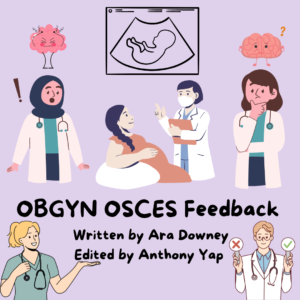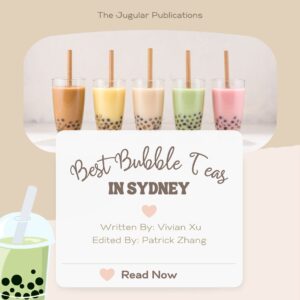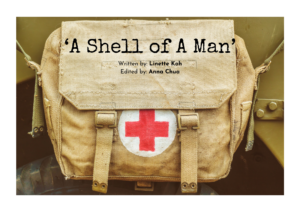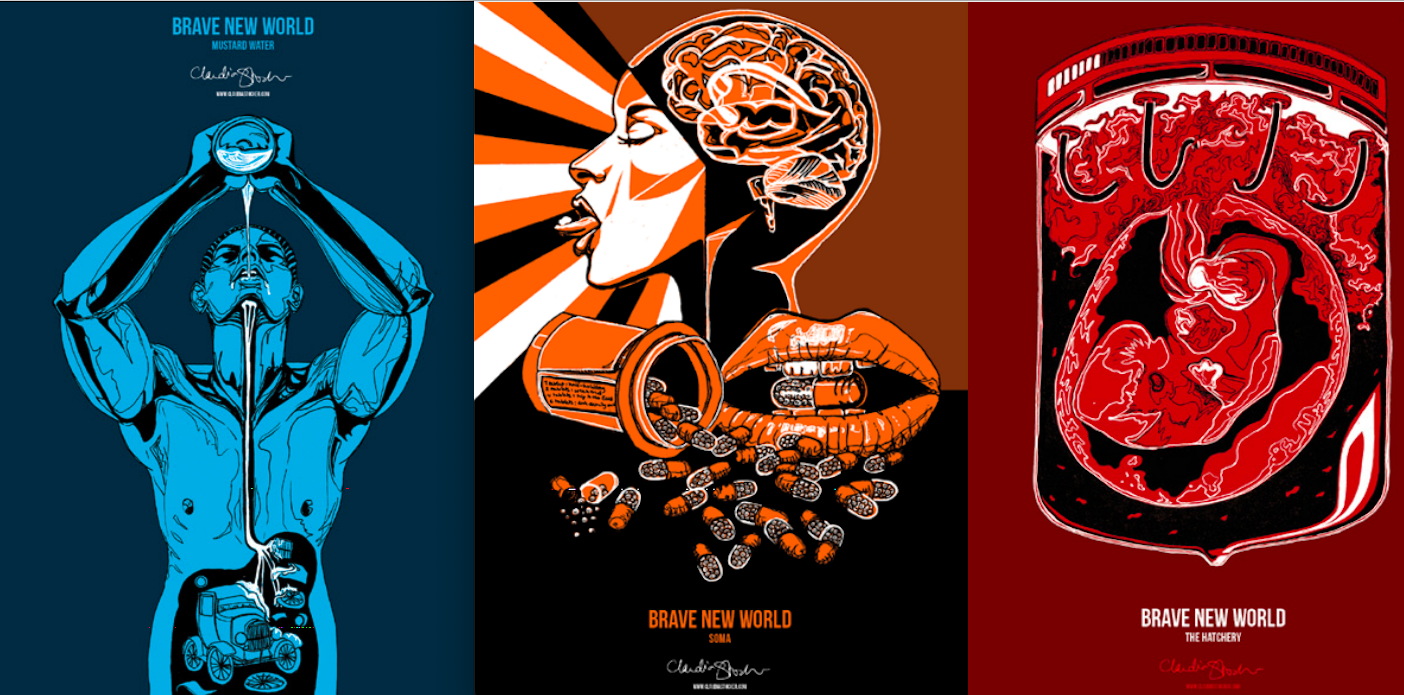
Written by RACHEL HANLY (edited by ROSEMARY KIRK)
This week’s rec: Brave New World by Aldous Huxley
Medium: Fiction

“But I don’t want comfort. I want God, I want poetry, I want real danger, I want freedom, I want goodness. I
Written by Aldous Huxley in 1931, Brave New World remains one of the most famous and contentious dystopian novels to date, due to its discussion of drugs, abortion, promiscuity and the dangerous allure of complacency. The novel was in part inspired by Huxley’s visit to the USA, where he was disgusted by its apparent commercial culture and blatant immorality. Brave New World became a satirical response to believers in an optimistic utopia (see H.G. Wells’ A Modern Utopia (1905)). Though written masterfully, the novel at times feels stubbornly limited by the personal prejudices of its author, which become increasingly questionable throughout the novel. Nonetheless, Brave New World is a thoughtful and digestible philosophical discussion. Along with the novel’s intended ideas, its own obvious bias prompts challenging our own preconceptions, allowing us to reflect on our personal values and the ethical questions we may face.
Brave New World takes place in a ‘perfect’ society: a genetically engineered hierarchy in which humans are bred in test tubes and placed into castes based on designated intelligence. However, what sets Brave New World apart from other dystopian literature is that the society is not oppressive – at least, not in the traditional sense of the word. Free sex, hypnosis and a drug called soma are utilised by the government as a tool of control, keeping its citizens in a constant state of hazy bliss and flippant apathy. The main character, Bernard, departs from the conventional hero. He belongs to the Alphas, the highest caste in society, and rebels against what is considered normal, continuously voicing his distaste for a culture of excess and blind acceptance. However, he is immediately dislikeable, his rebellion seeming to stem from a feeling of inferiority to other Alphas rather than any sense of morality or justice. Huxley meticulously crafts a world in which “every one belongs to every one else,” his attention to detail immersing readers in a universe in which our own values are turned on their heads.
The key conflict of the novel occurs when the artificial happiness of this world is interrupted by the introduction of John “The Savage,” an outsider who is at once disgusted by the attitudes of the citizens. He believes in suffering, passion, love and wretchedness. In his mind, happiness cannot exist without despair. And he is right – by creating a volatile character trapped in monotony, Huxley presents us with two uncomfortable options: confront the torment of living or fail to ever experience the true spectrum of human emotion. John serves as an echo of the past, a nod to a Shakespearean sort of existentialism that we as readers can appreciate.
Certain aspects of Brave New World, however, may cause readers to raise an eyebrow, the most telling being Huxley’s treatment of female characters throughout the novel. It is obvious that there is no place for women in the society he has created: all gifted young scientists are conspicuously men, and women are never given scientific responsibility further than menial lab work. The few female characters lack any sort of emotional depth. Lenina Crowne is one example of missed potential. A young and particularly attractive love interest who is inwardly fighting between social conditioning and her own need for connection, she soon becomes a nuanced character in her own right. She defies the status quo in a method more subtle and interesting than that of her male counterparts, may it be through her nonchalant and unquestioned refusal to wear the colours of her caste or her budding interest in monogamy. However, by the second half of the novel Huxley seems to abandon this, and, clouded by a pervasive feeling of misogyny, Lenina once again becomes a product of her society. Huxley then punishes and humiliates her with what can only be described as relish, and we, as readers, feel his satisfaction. It is only when we look at the novel through an objective lens and remove our emotional connection to the storyline that we realise that Huxley has cut short the development of the only character with true, unpretentious promise due to what seems to be a disdain for femininity in general. This provides us with a sense of unease and gives the novel a dated quality.
Ultimately, Brave New World is a beautifully composed warning about the dangers of complacency and the lengths to which science and medicine are willing to go to remove suffering. But it is important to be able to distinguish prejudice, no matter how attractively written, and through it, become more critical and empathetic thinkers. Huxley forces us to confront difficult truths and honours the potential of humanity. However, while we have a tendency not to question highly regarded literature, we need to ask if he himself follows through with his own advice.



